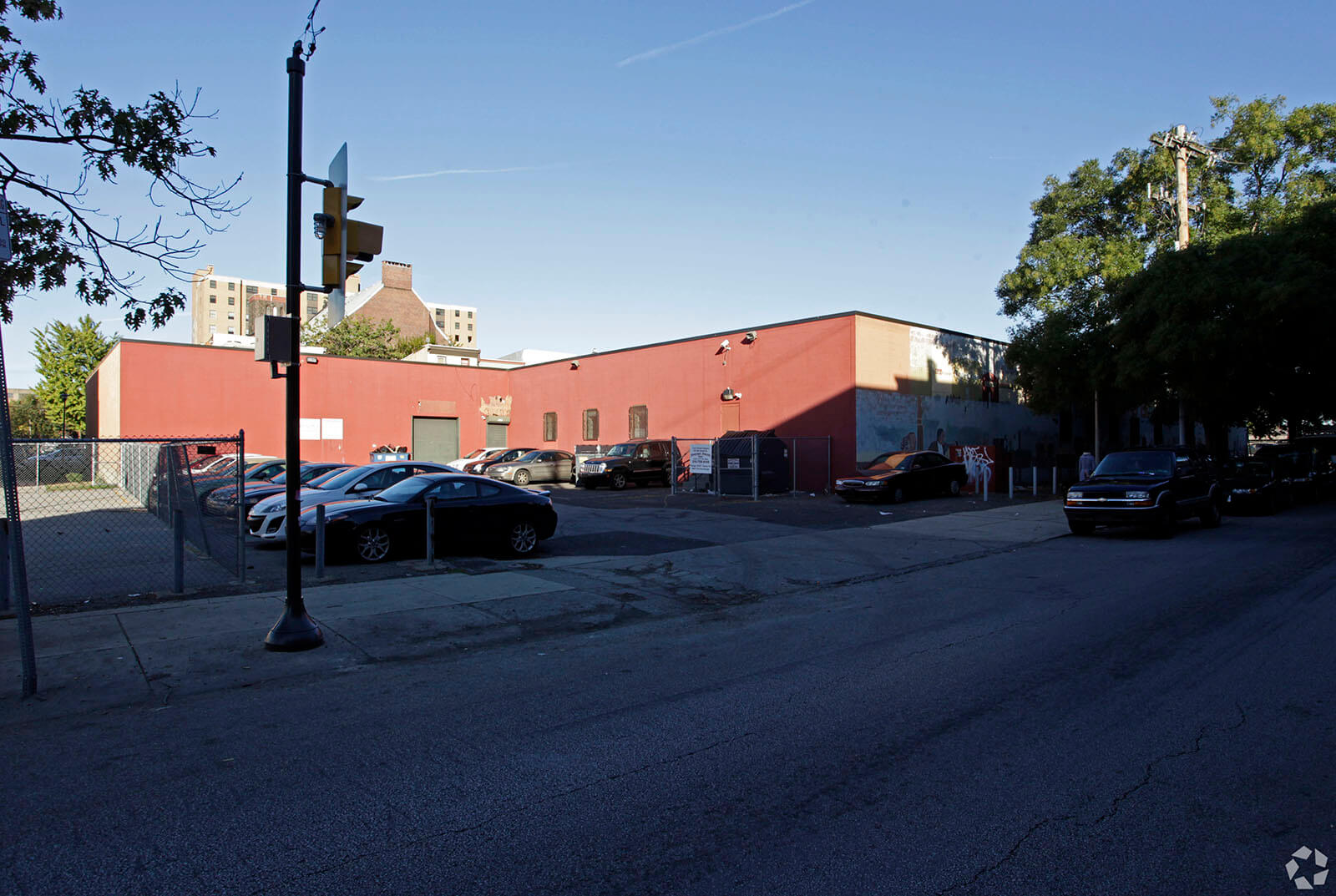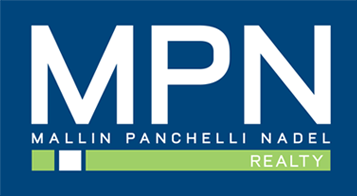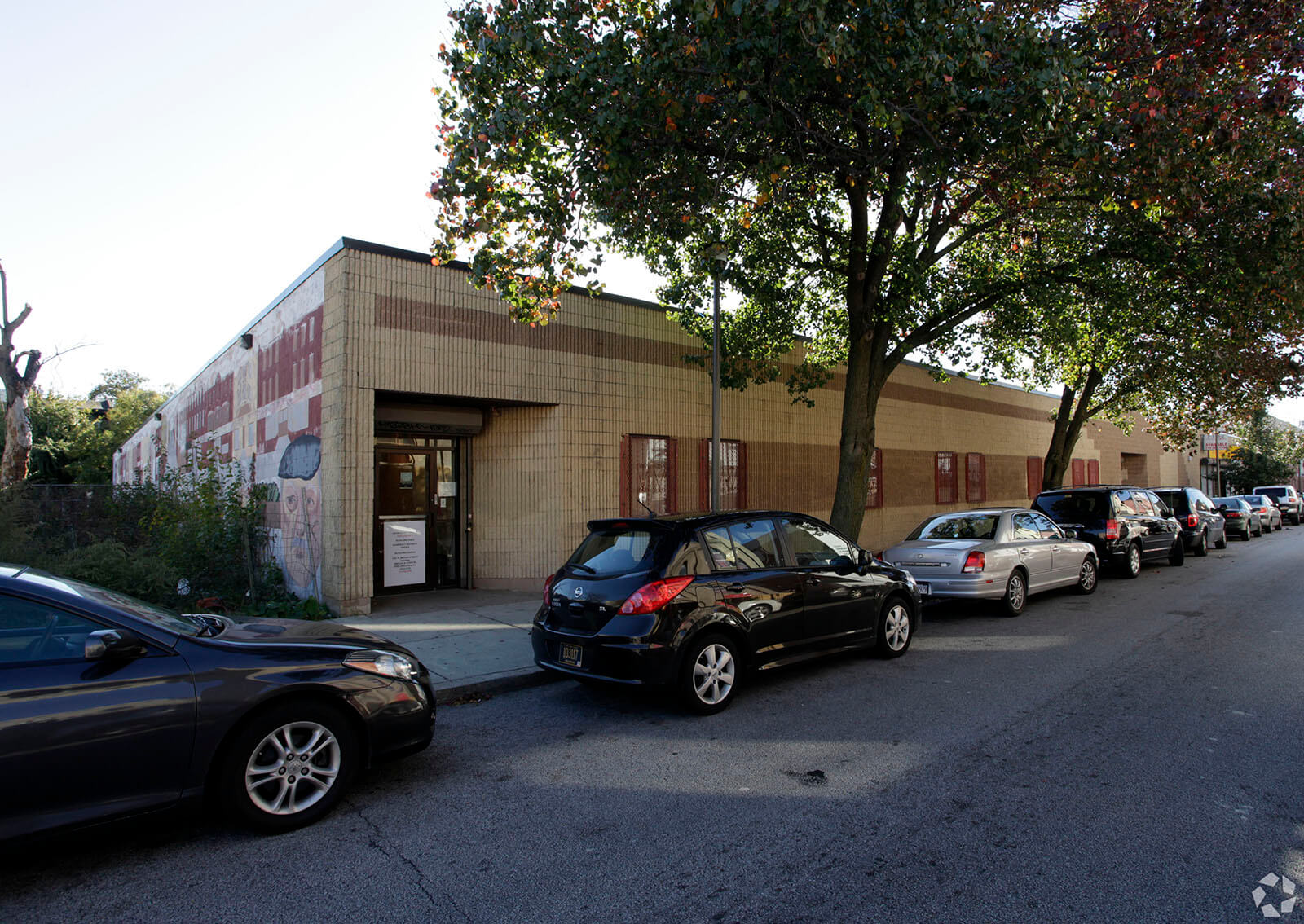A non-descript, single-story, 29,050-square-foot building at 949-77 Marshall St. that sits in the center of several high-growth areas including Temple University, Northern Liberties and Spring Arts, has sold for $5.5 million.
Though fully leased to state agencies through at least next year, the building wasn’t marketed to investors as another income producing property. “The higher and better value was as a development site,” said Ken Mallin of MPN Realty.
Catalyst City Development bought the building and plans to raze the structure to create a 40,000-square-foot site for a new townhouse community. Philadelphia Suburban Development Corp. was the seller. In addition to Mallin, Josh Nadel, Veronica Blum and Nadia Bilynsky of MPN helped arrange the transaction.
The purchase of the Marshall Street property by a developer is an example of the increased demand for these parcels. The sale of development sites throughout the region, and particularly in Philadelphia, is the highest it has been in at least five years, according to Real Capital Analytics data. By the end of the third quarter, $417.7 million of these properties had traded throughout the region with more than half of that transacted amount — $282.4 million — coming in Philadelphia.
MPN Realty currently has 15 development sites under contract with more expected to come under agreement. While it’s an area of real estate that the firm has always been involved in, the uptick in their sales it notable, Mallin said.
“What I think is going on is a lot of developers are thinking about when they will deliver their product and what the environment will be like then,” he said. “If they close on the site today and break ground, they can deliver 18 to 24 months from now. It will be a full year after the pandemic and you will be ahead of the curve. There’s a lot of confidence in Philadelphia and that we will come out of this.”

Some of the frenzied activity to buy sites and then seek approvals for residential development has been prompted by pending changes that would curtail the 10-year tax abatement, said Ronald J. Patterson, a land-use attorney with Klehr Harrison. City Council on Dec. 10 adopted a reduction in the abatement, which benefits developers, along with a new construction tax will take effect January 2022. The changes were initially set to take effect at the end of this year.
Though those changes are being delayed, it still creates a similar scenario for developers looking to secure building permits that will fall within a timeframe that allows for the full 10-year abatement.
“Now we’re going to get another rush to beat the deadlines when the new abatement and the construction tax kick in,” Patterson said.
During the onset of Covid-19 and into the summer, developers weren’t buying sites at the torrid pace they had been and that helped tamp down some of the heated prices for land, but demand picked up during the fall, said Ryan McManus of AgentPHL, a real estate firm that focuses on residential and land development.
“Development sites are still commanding high prices relative to the city of Philadelphia but relative to other cities, such as Boston and D.C., it’s not a deal breaker,” McManus said. “There’s been a natural correction. Land sellers aren’t desperate by any means, but they are showing signs of coming back to reality and entertaining offers at reasonable prices.”
While residential development is happening throughout the city, the most active neighborhoods continue to be Northern Liberties, Fishtown and Kensington, McManus said. One emerging neighborhood where there’s been an uptick in activity is Paradise Hills, which is off Kelly Drive and bound by Allegheny Avenue and Ridge Avenue.
This will be Catalyst City Development’s first project in Northern Liberties. The townhouse development on Marshall Street is still in design and other details are being finalized, said Tyler C. McNeil, Catalyst managing partner. “We view the site as a great opportunity to provide much needed single-family housing stock for homeownership in the area –especially in light of the numerous multifamily projects proposed over the past few months,” McNeil said.






